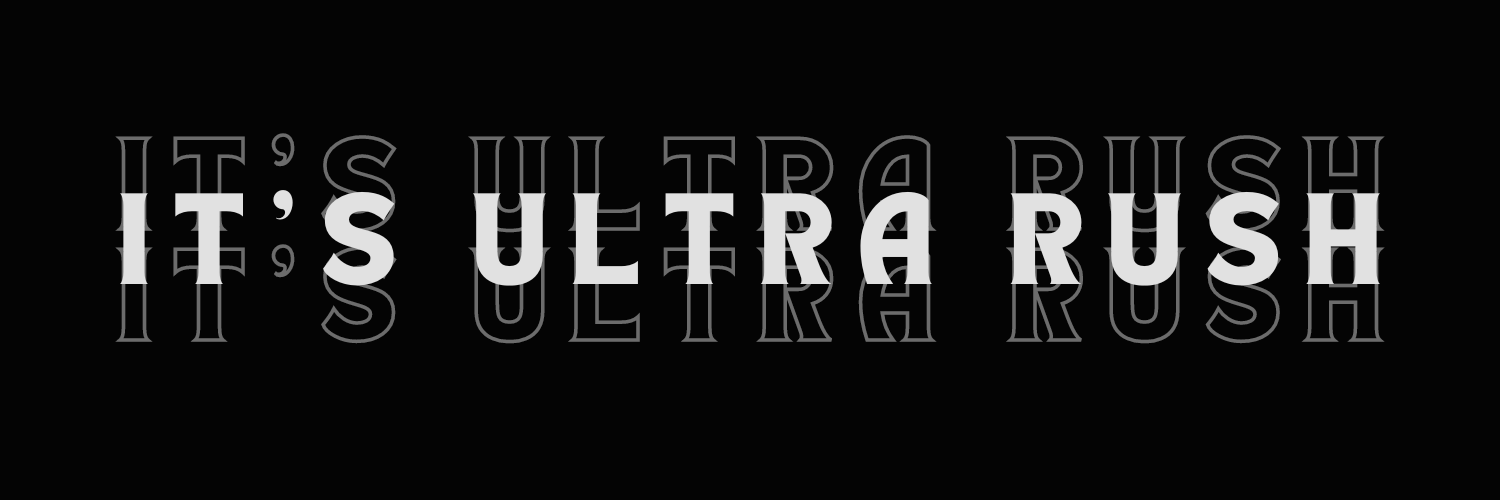The journey of a thousand strands begins with a big chop.
or whatever Confucius said.
A few months ago, I gave my second Toastmasters speech. I spoke about one of my favourite topics - Hair!
Preparing for that speech reminded me about my own natural hair journey and the many ups and downs that have been part of the ride.
I’m sure most women who have returned their hair to it’s natural unprocessed state or have “gone natural” will tell you that the reception and reaction is varied. Some persons will love it , some will hate it , some will encourage and some will insult. At the end of the day it is about your experience and how you feel best and most like yourself. Yes , it would be great if we could all feel wonderful in our “natural” state but some of us do not and we should support those persons and encourage them to do what feels right for them.
That being said , hair and especially hair belonging to those of African descent has always been sensational. It is no longer seen as keratin strands that grow from your head but it is seen as a political statement , a signal of your personality and a definition of who you are as a person. Our hair is always a source of discussion in situations where “white” is seen as the default. Our natural hair is novel , strange and often fetishized – it is always too much , too big , too wild , too different.
We’ve further muddied the waters by trying to define persons by how they wear their hair. As a person who is constantly changing hairstyles and has been through several “big chops”, I definitely get a different approach from persons as I change my hair. Hair has a way of changing perceptions.
There are many reasons that have contributed to the highly political nature of black hair and black beauty in general. After years of enslavement , colonialism and white supremacy we lost not only our freedom but our sense of self. We were forced into a hierarchy that put white on top, black on bottom and as such any features that were associated with whiteness are assumed to be more desirable.
We were shamed for all the features that made us unique and also shamed for trying to achieve the whiteness that seemed to be more desirable. This has continued into the present and is exhibited and expressed by both white and black persons alike. Some simple examples are :
“A black woman will say to another , I wish my hair was like that…you got that good hair.” Who has defined what good hair is and who told you that yours wasn’t?
“Persons will assume that a black woman with long hair is wearing a weave or other extensions.” Black persons have always been able to grow long hair. Who taught you otherwise?
Hair while seemingly unimportant to many forces us to really analyze the beauty constructs that we often dismiss. We have been judging ourselves on standards that are not inclusive , lack intersectionality and have often disregarded us.
For years I aspired to straight hair and I aspired to long hair. I found short hair beautiful…just not on me..because I had already internalized the message of what made me beautiful. When I decided to begin my natural hair journey I went through many conflicting emotions because I was struggling with how I saw myself and how it didn’t fit into what I had always seen as beautiful. I clung to braids and other protective styles so as to avoid dealing with my hair and I even avoided a few social events because I just didn’t “look” right.
Through this I learnt a lot about myself as a individual and also about the things I’ve been programmed to think. Now I am focused on reprogramming my idea of beauty and learning that…*cue the India Arie*. I am not my hair. I am not this skin. I am a soul that lives within.


